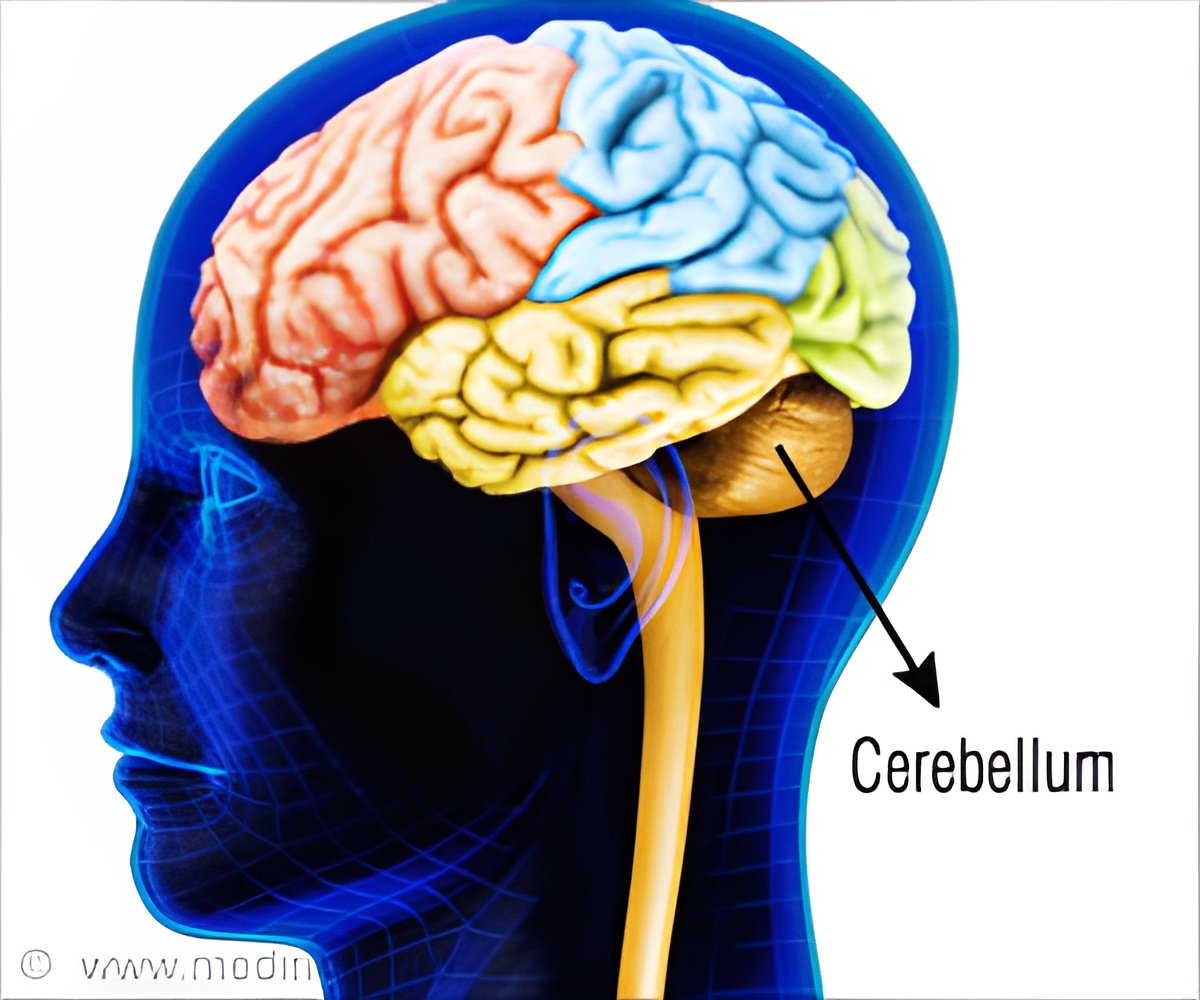
Snf2h gene is located in our brain's neural stem cells and acts as master regulator.
When this gene was removed early on in a mouse’s development, its cerebellum grew only to one-third the normal size, and the mouse suffered from symptoms of cerebellar ataxia, such as inability to walk, coordinate and balance.
David Picketts, senior scientist at Ottawa Hospital Research Institute in Canada, said "As these cerebellar stem cells divide, on their journey toward becoming specialised neurons, this master gene is responsible for deciding which genes are turned on and which genes are packed tightly away,"
He also added "Without Snf2h there to keep things organised, genes that should be packed away are left turned on, while other genes are not properly activated."
"This disorganisation within the cell's nucleus results in formation of a neuron that does not perform very well,"
Advertisement
As we perform certain activities of daily living, some genes or groups of genes are turned off and on. This in turn strengthens the circuits and perfects the activities undertaken.
Advertisement
These master genes are also known as epigenetic regulators.
Pickets said that these epigenetic regulars affect memory, behavior and learning. He also added that without Snf2H, enough cerebellar neurons are not produced and the ones that are produced fail to respond or adapt to external stimuli.
He also said that they also show a progressively disorganised gene expression profile that results in cerebellar ataxia and the premature death of the animal.
The findings were displayed in the journal Nature Communications.
Source-Medindia















